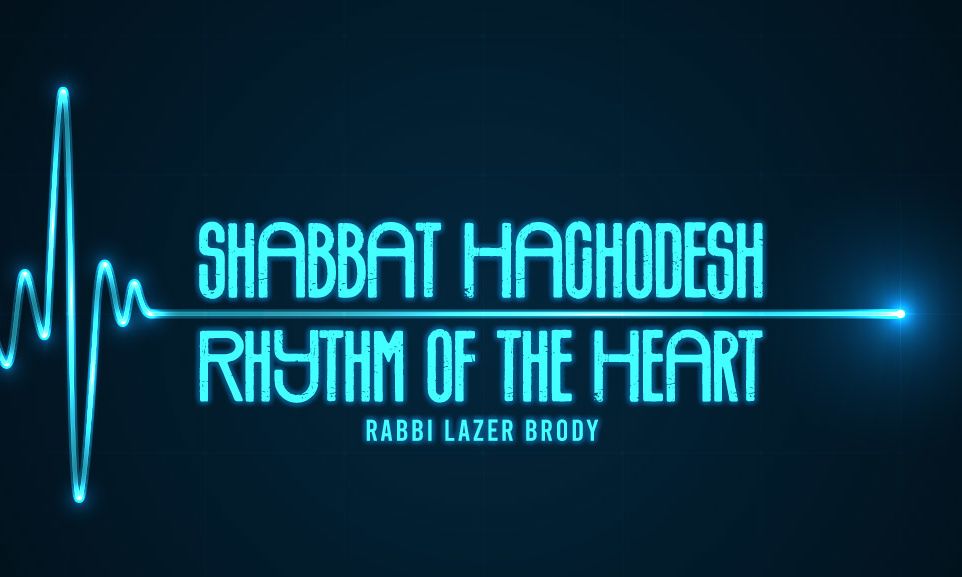
Shabbat HaChodesh: Rhythm of the Heart
The lunar calendar is the pulsation of time. The Greeks knew that by outlawing the sanctification of the new month, they'd destroy the rhythm of the heart...

Shabbat HaChodesh
This month shall be for you the beginning of the months(Exodus 12:2).
Parshat HaChodesh is the fourth of the Arba Parashot, the four special Torah-readings that we read in addition to the regular Torah readings during the weeks that immediately precede and follow Purim. We read Parshat HaChodesh on the Shabbat before the new month of Nissan, the first of the Hebrew months; if Rosh Chodesh Nissan falls on Shabbat, we read Parshat HaChodesh then.
Rosh Chodesh Nissan is a significant date in the Jewish calendar. First, it’s the inauguration day of the Holy Tabernacle, the mishkan. But even more important, it’s the day when the Jewish People collectively received their first mitzva, the mitzva of sanctifying the new moon.
During the time period in our history when the miracle of Chanuka occurred, the Seleucids – the Syrian Greeks – understood that the mitzva of sanctifying the new moon, together with the mitzva of circumcision and the  mitzva of Shabbat, constitute the very foundation of Judaism. They consequently outlawed all three.
mitzva of Shabbat, constitute the very foundation of Judaism. They consequently outlawed all three.
What did the Syrian Greeks know that we don’t know? What’s so important about sanctifying the new moon? Unlike the Romans, the Greeks were seemingly benevolent. The didn’t kill people as the Romans did for learning Torah or wearing tefillin. They “merely” outlawed the mitzvoth of circumcision, Shabbat observance, and the sanctification of the new moon.
Circumcision is a Jew’s holy covenant with G-d. The Greeks knew that if they destroy the covenant, then in one to two generations, there won’t be any more Jews or Judaism, Heaven forbid.
Rebbe Nachman of Breslev explains that Sabbath is called yoma d’mehemnuta, the day of emuna, since by observing Shabbat, a Jew declares his emuna that that Hashem created the universe in six days and rested on the seventh. Rebbe Natan of Breslev adds that Shabbat is the testimony of our belief that creation is renewed every single week. With this in mind, the Greeks were well aware that they could attack the Jews’ emuna by first destroying the sanctity of the Shabbat. Without emuna, Jews and Judaism wither, Heaven forbid.
The Hebrew word for “new” is chadash, while the word for “month” is chodesh, both come the same root and are spelled identically, since chodesh is written in the Torah without a vav. Hebrew, the holy tongue, has many Divine secrets in every word that reveal the inner dimensions of Hashem’s creations. The new month is the heart of creation’s cycle of renewal. Our Kabbalistic sages teach that the lunar month is the heart of time, for the lunar month is the pulse of creation just like the rhythm of the heart. In fact, the first two Hebrew letters of levana, the moon, are lamed-bet, which spell lev, or heart. The moon’s essence is renewal, for we see in gematria katan, or lower numerology, that levana equals 15 (lamed = 3, bet = 2, nun = 5, hey = 5) while both chadash and chodesh in gematria katan each equals 15 as well (chet = 8, daled = 4, shin = 3). A woman’s monthly renewal of fertility testifies to the fact that the lunar month is truly the heart of creation’s cycle of renewal.
Jewish history is the story of renewal just like the moon. There have been periods in time when our people have exhibited growing brightness, yet periods when they waned in decline and nearly disappeared in spiritual darkness. Yet, there were always the Jewish holidays to revitalize our people. The rhythm of Jewish life beats from holiday to holiday. We always renew ourselves. The Greeks therefore knew that if they ban the sanctification of the new month, then the Jewish lunar calendar goes down the drain and there can be no more holidays, Heaven forbid. As such, the sanctification of the new month together with the lunar calendar is the very foundation of Judaism.
Let’s go a step deeper. Rosh Chodesh, the first day of the Jewish month, is a day of joy, or simcha, since we recite the Hallel, refrain from fasting, add yaaleh veyavo to our prayers and eat festive meals. Rabbi Tzaddok HaCohen of Lublin writes that Hashem connects simcha to the heart by way of Rosh Chodesh, for King David said in Psalm 97 that “the straight of heart shall have simcha”. The heart functions best when it is in a state of joy, for joy is a prime manifestation of holiness, for holiness is a prerequisite of true joy.
If the renewal of the month brings joy to our hearts, then the renewal of the first month of the year, Rosh Chodesh Nissan, is certainly a day of intense joy. We see how creation is bursting with renewal all around us. After the deadness of winter, everything comes vibrantly alive again. This is the secret of the Jewish people. Just as we weathered exile, diaspora, pogroms and holocaust, we will weather the challenges of this generation until hopefully, this year, we can partake of the korban Pesach, the Pascal lamb together with Moshiach Tzidkenu in our rebuilt Holy Temple in Jerusalem, amen!


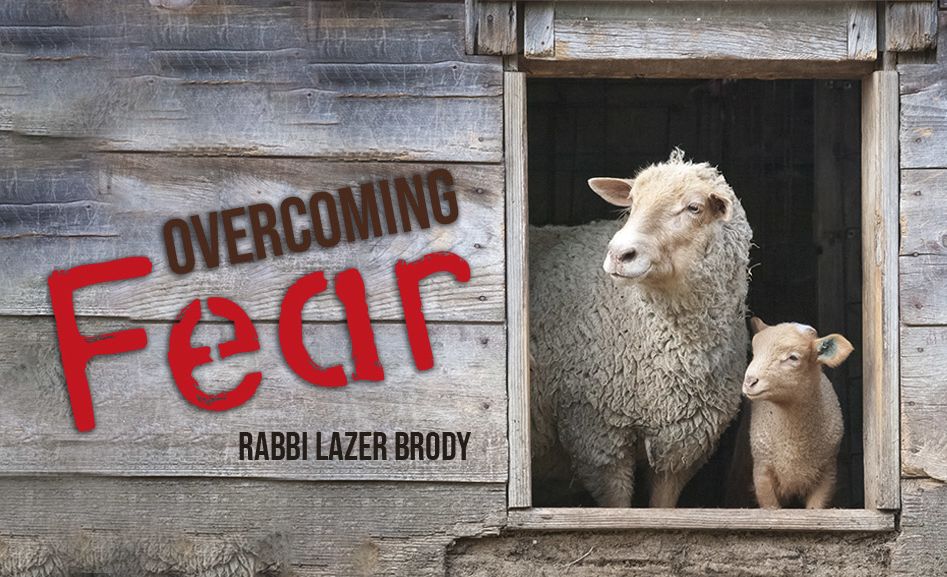
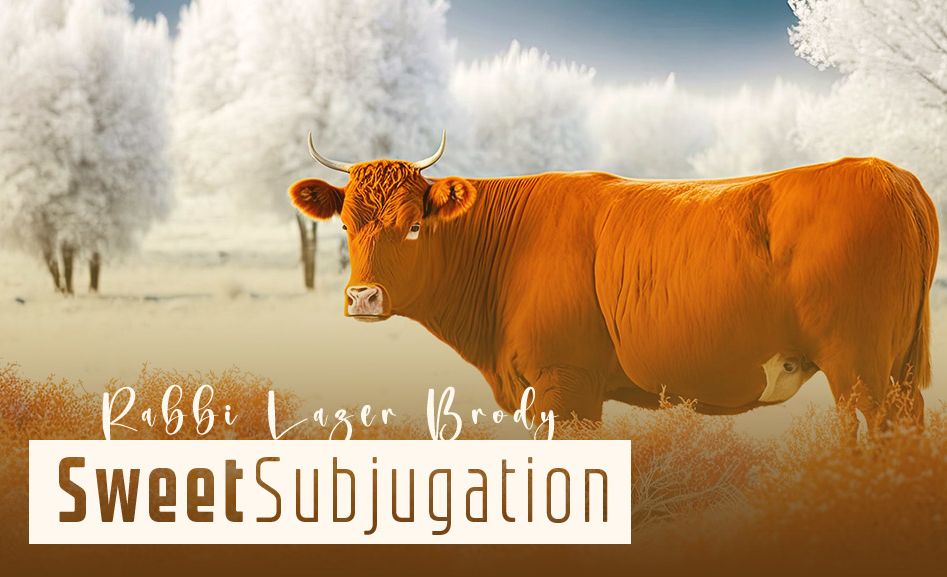


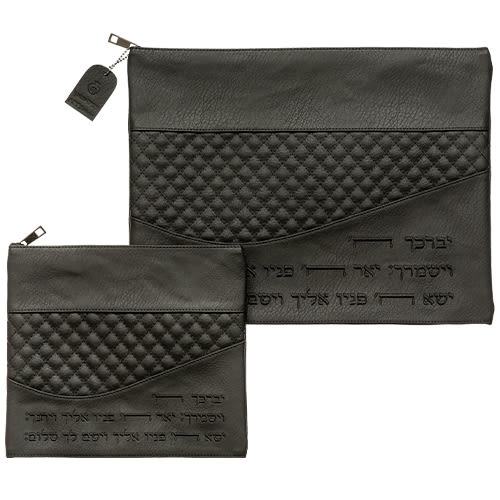
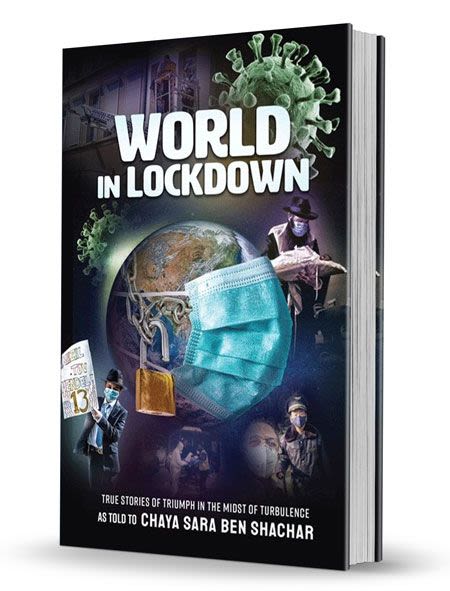
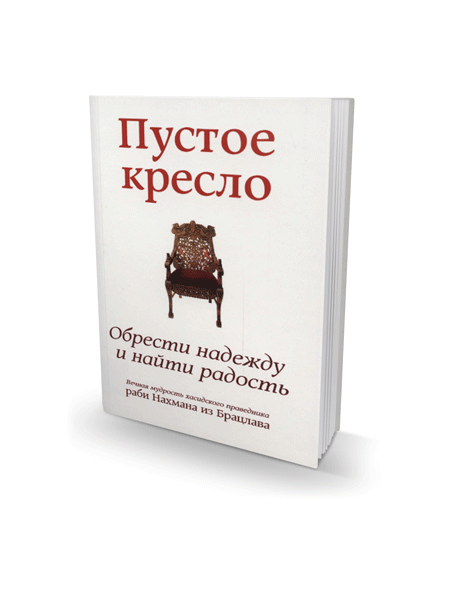
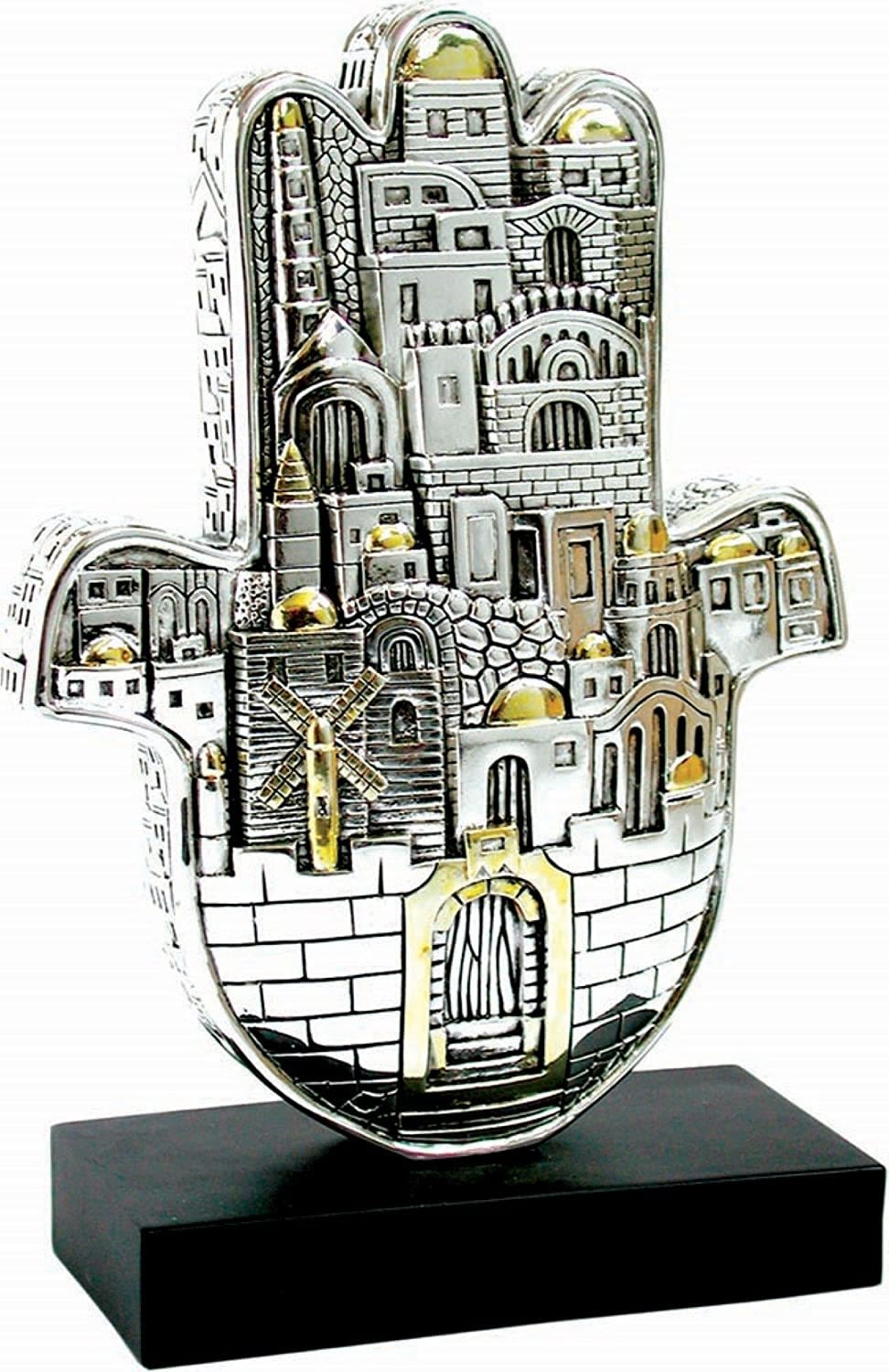
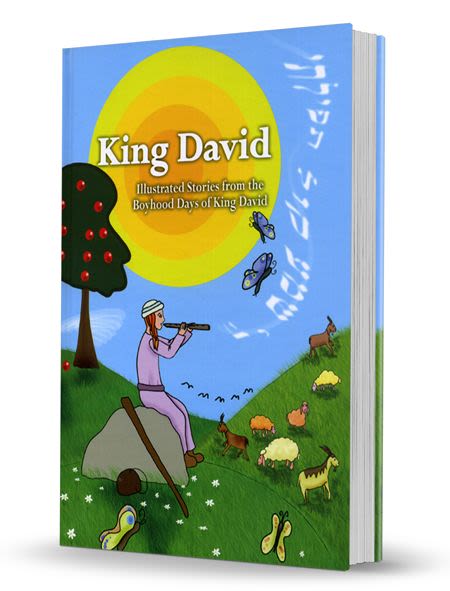
Tell us what you think!
Thank you for your comment!
It will be published after approval by the Editor.